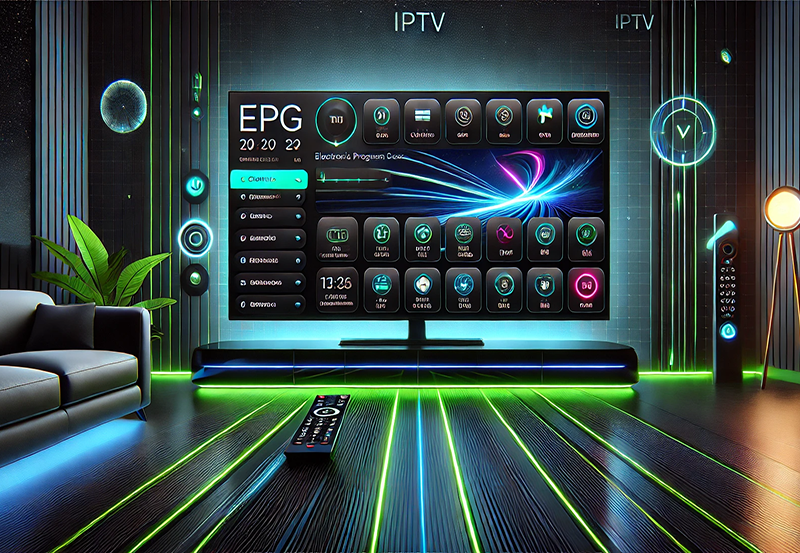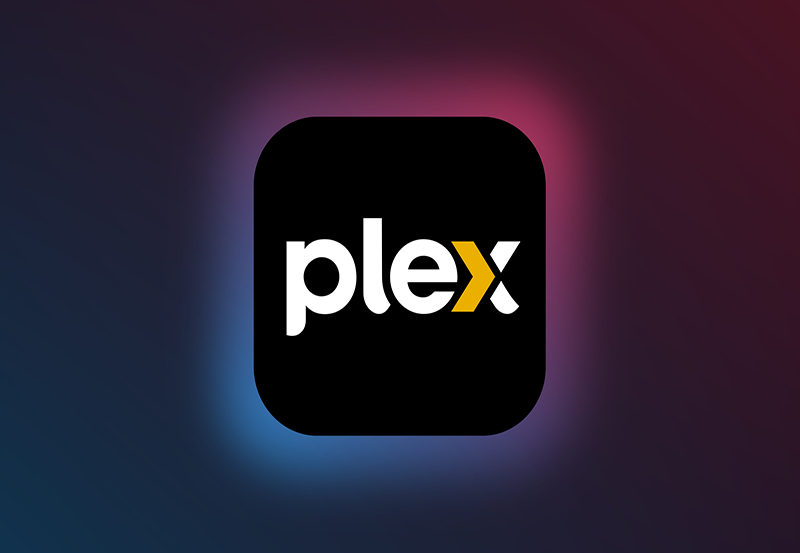Television has come a long way since the days of bulky sets with only a few channels. Today we’re entering a new era filled with digital advancements and technological wonders. One of the most significant innovations that have come to redefine this landscape is IPTV. But what is IPTV, and how has it altered our experience of watching TV? Let’s dive into the world of Internet Protocol Television and understand its impact on our viewing habits and preferences.
Buy 1 Year IPTV Subscription and Enjoy Unlimited Content
Understanding IPTV: A New Wave in Television Technology
What is IPTV?
IPTV stands for Internet Protocol Television. Unlike traditional broadcasting methods that use satellite signals or cables, IPTV streams television content over the internet. This change not only provides flexibility in viewing but also ushers new interactive possibilities. From live streaming to on-demand content, IPTV offers it all on your terms.
This advanced technology takes full advantage of internet capabilities, using a packet-switched network—in contrast to the traditional circuit-switched networks. Subscribers can access a wide range of programming through various devices, including televisions, tablets, and smartphones, making IPTV a versatile option for any viewing preference.
Smart Insight:
Unlock premium content with Buy IPTV online, offering access to global channels at your fingertips.
Why IPTV is Gaining Popularity
The allure of IPTV lies in its ability to provide a customizable and user-friendly experience. Unlike traditional television services, you’re not constrained by rigid broadcasting schedules. Instead, you have the freedom to watch what you want, when you want. This shift caters to today’s on-the-go lifestyle, where viewers prefer tailored content at their convenience.
Moreover, with IPTV, the traditional boundaries between television and internet blur, creating a hybrid space that fosters interactive content and enhanced viewing options. Whether it’s movies, sports, or niche programming, IPTV brings a diverse range of content right to your fingertips.
The Mechanics of IPTV and How It Works
IPTV Architecture and Components
The working mechanism of IPTV is fascinating, combining various technologies that seamlessly operate together. Key components include a reliable broadband internet connection and a subscription to an IPTV service.
On the broadcaster’s side, content is encoded and often compressed to lower bandwidth consumption. This content is then transmitted through a server and delivered to your device at the other end, ensuring you receive high-quality streams without lag—even during peak usage times.
Devices and Platforms
One of the strengths of IPTV is its capability to operate across multiple devices. Using IPTV Smarters applications, viewers in the UK or anywhere else can access their favorite shows on smart TVs, computers, tablets, or even smartphones. It provides a uniform user experience, irrespective of the device used to access the service.
This adaptability ensures that whether you’re at home or on the go, your entertainment options remain consistently available. Given the rising number of compatible devices and platforms, IPTV services are quickly becoming a staple in modern households.
IPTV Across the Globe: A Focus on the UK
The UK’s IPTV Landscape
In the UK, IPTV is rapidly transforming how viewers consume television content. With an increasing number of service providers and a growing demand for diverse programming, IPTV has found a substantial market in the UK.
Besides providing a vast array of channels, UK IPTV services also often include unique features like catch-up TV and video-on-demand. These services cater to audiences who seek flexibility and convenience, allowing them to stay updated with current shows or binge-watch past favorites at their leisure.
Regulatory Aspects and Challenges
The rise of IPTV in the UK hasn’t come without its challenges. Regulatory bodies are closely monitoring the service to ensure it complies with broadcasting standards and intellectual property laws.
The primary concern revolves around content distribution and ensuring all programming adheres to legal standards. As IPTV continues to expand, it will need to navigate these challenges, advocating for fair-play without stifling innovation.
Choosing the Right IPTV Service
Factors to Consider
When selecting an IPTV service, several key factors must be considered to ensure you receive a satisfactory experience. Price, channel availability, technical support, and user interface should all play a pivotal role in your decision.
Additionally, the reputation of the provider and reviews from existing users can be insightful. An effective IPTV service must not only meet your viewing requirements but also offer reliable customer support and regular software updates to handle any streaming issues.
Popular IPTV Services
Many IPTV service providers have entered the market, each offering various packages tailored to user preferences. It’s essential to research and consider options like IPTV Smarters or other prominent names to weigh their features and pricing structures appropriately.
Comparing these options ensures that you are aware of the full range of benefits and limitations associated with each service. Thus, you can make an informed decision that aligns best with your entertainment expectations and budget.
Embracing the Future: The Impact of IPTV
Transforming Viewing Habits
IPTV is more than just a trend; it’s a catalyst driving a permanent shift in how audiences interact with television content. It encourages viewers to embrace the possibilities of a digital viewing ecosystem, one where control is at the fingertips of the consumer.
As IPTV continues to evolve, it will likely influence new, innovative viewing formats and further integrate with social media and other interactive platforms, shaping the next phase of television entertainment.
Potential Downsides
Despite its many advantages, IPTV is not without its downsides. Depending on the quality of your internet connection, you might sometimes experience buffering or delays in service. It’s crucial for providers to innovate continuously to overcome these obstacles and enhance user experience.
Moreover, the rapid pace of technological change within the industry demands adaptability from both IPTV providers and users. Staying informed and vigilant about these developments helps ensure a seamless transition into this modern television era.
IPTV FAQs

1. What does IPTV stand for?
IPTV stands for Internet Protocol Television, a system where television content is delivered using the internet protocol suite over a packet-switched network such as a LAN or the internet, instead of being delivered through traditional terrestrial, satellite, or cable television formats.
2. Is IPTV legal in the UK?
Yes, IPTV services are legal in the UK as long as the service and the content comply with broadcasting regulations and intellectual property laws. Users should ensure that the IPTV provider holds the necessary licenses for the content they offer.
3. What are the benefits of using IPTV?
Using IPTV provides numerous benefits, such as access to a wide array of channels, the ability to watch programs on-demand, and flexibility in viewing times and locations. It allows for a personalized and interactive viewing experience that traditional television services might not offer.
4. How do I choose an IPTV provider?
Choosing an IPTV provider involves evaluating factors like the variety of channels offered, cost of service, user reviews, technical reliability, and customer support. Consider your viewing habits and preferences to find a service that aligns with your needs.
5. What equipment do I need for IPTV?
To access IPTV services, you’ll need a reliable internet connection and a compatible device such as a smart TV, tablet, smartphone, or a set-top box. Some services might also require specific applications or software like IPTV Smarters for usage.
6. Can I watch IPTV on multiple devices?
Yes, most IPTV services are designed to support multi-device access, allowing you to watch content on different devices simultaneously. However, availability might depend on the provider’s terms of service and subscription package.
Should You Upgrade Your Internet Plan for Better IPTV Streaming?





